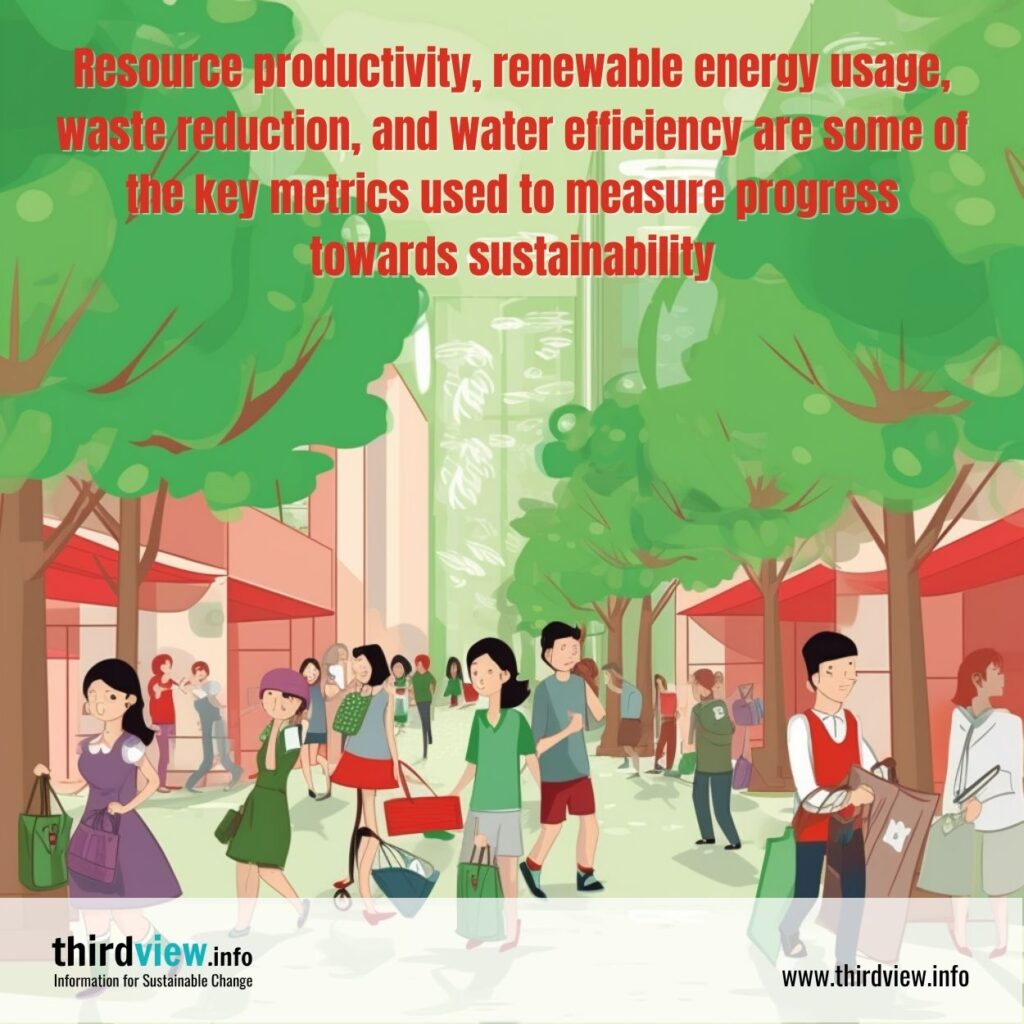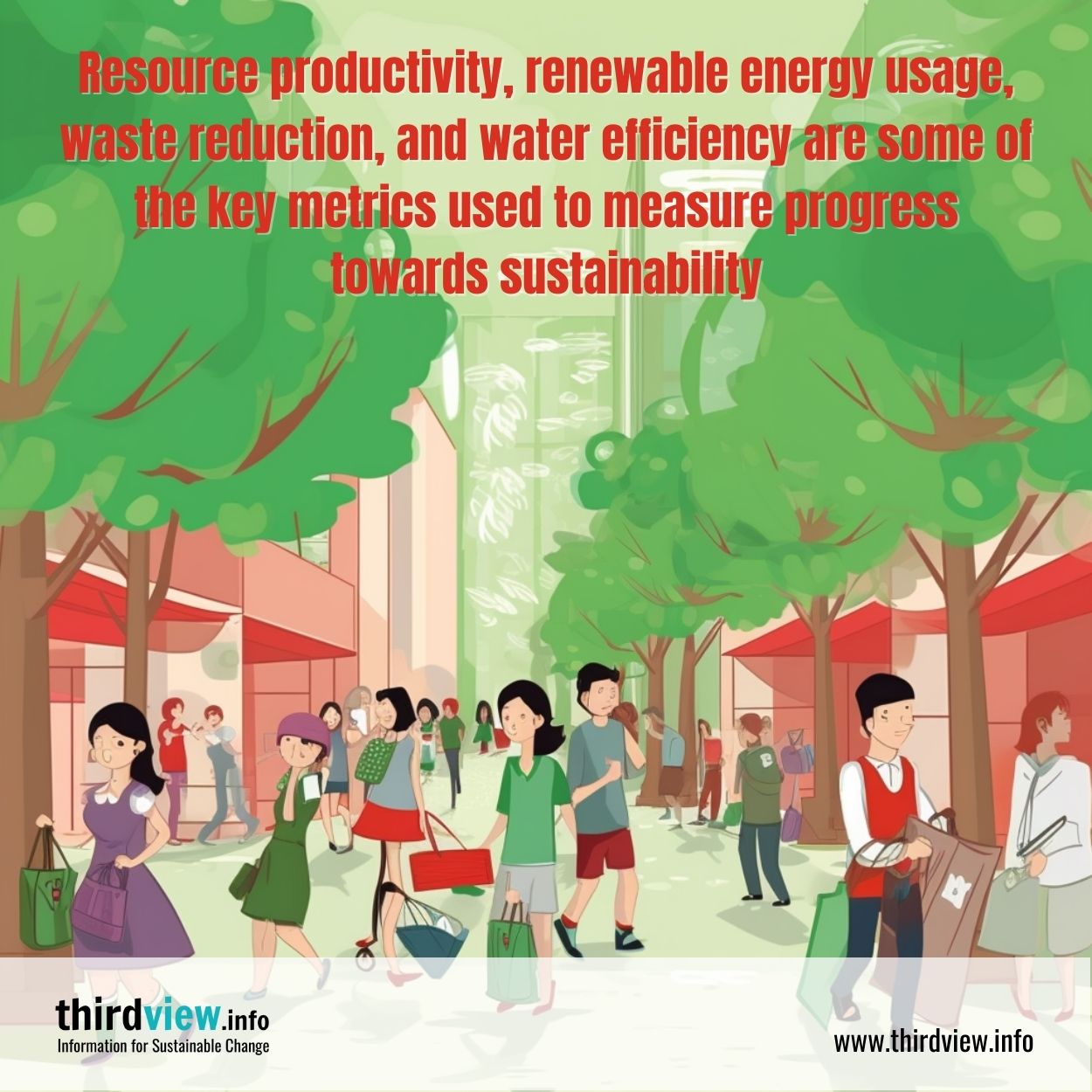The world is in the midst of a shift toward sustainability. With more businesses and individuals recognizing the need for social responsibility, the pressure to move away from linear business models has intensified. As this transition continues, many organizations are looking for new ways to measure and track progress toward a sustainable, circular future.
The Importance of Measuring Progress Toward Sustainability
Measuring progress toward sustainability is essential for any organization that is serious about becoming more socially responsible. Knowing exactly where you stand in terms of your environmental impact can help you make better decisions in the long run and ensure that you are meeting your goals. Being able to track your progress also helps you showcase your efforts to stakeholders, investors, and customers who want to know that their money is going towards something meaningful.
What Does it Mean to be Sustainable?
Sustainability means different things to different people but at its core, it’s about creating a system that reduces waste and preserves resources for future generations. To be truly sustainable means that an organization is taking into account all aspects of its operations – from raw materials sourcing to energy use – with an eye towards reducing its environmental footprint over time. This includes thinking creatively about how resources can be reused or recycled instead of discarded after one use.
Circular Economy Metrics
One way to measure progress towards sustainability is by using metrics related to a circular economy. The goal of these metrics is to assess how well an organization is utilizing resources efficiently while minimizing waste throughout its supply chain. Some common circular economy metrics include resource productivity (how much value an organization can generate per unit of input), renewable energy usage (the percentage of energy used from renewable sources), waste reduction (the amount of material diverted from landfill) and water efficiency (the percentage of water saved). Understanding these metrics will help organizations measure their progress towards becoming more sustainable over time.
At the end of the day, measuring progress towards sustainability should be seen as an ongoing process rather than a one-time event. By continuously tracking key indicators such as resource productivity, renewable energy usage, waste reduction, and water efficiency, organizations will have a better understanding of where they currently stand with regard to their environmental impact. This will enable them to make better decisions when striving towards a sustainable future while also demonstrating their commitment to social responsibility both internally and externally.


